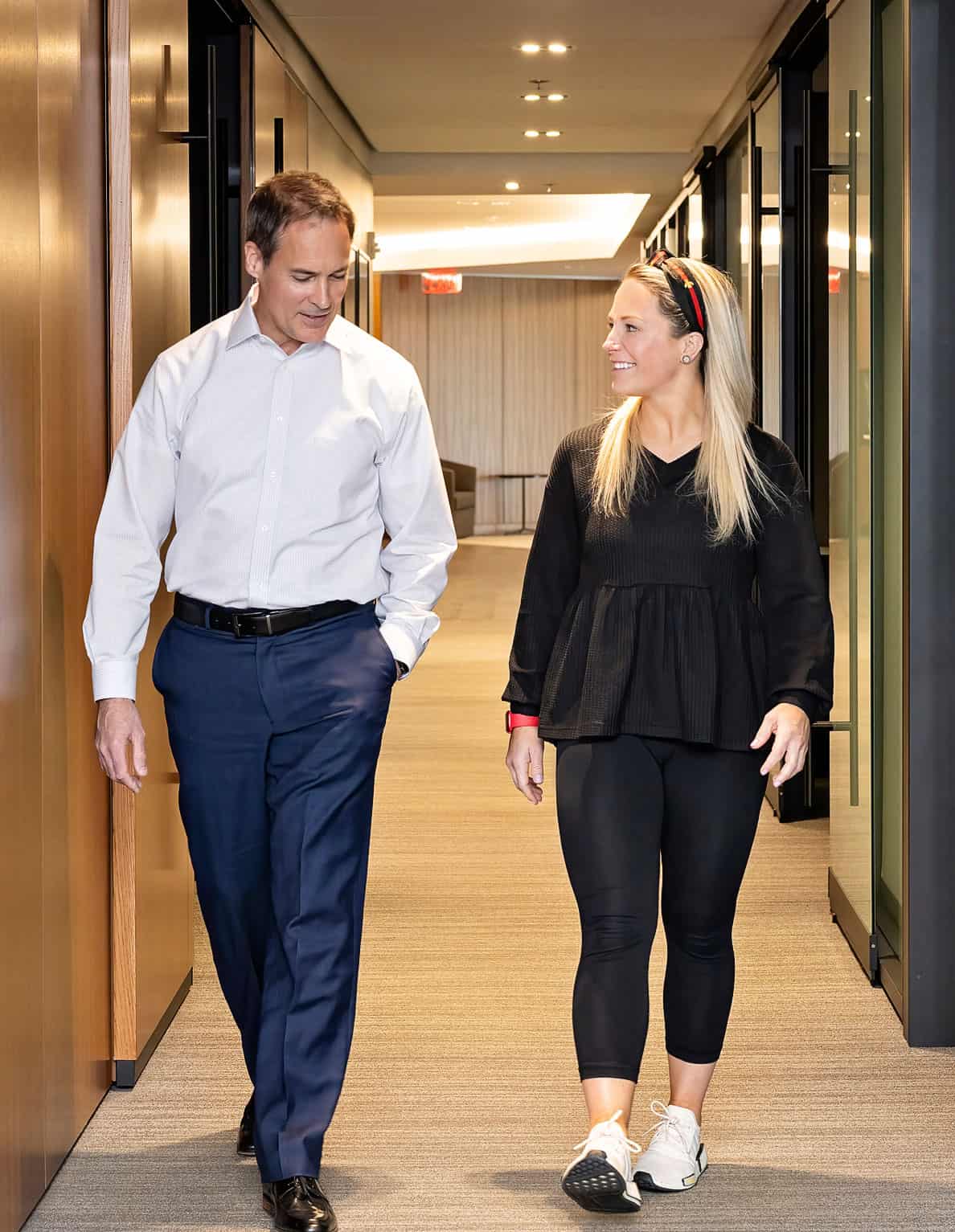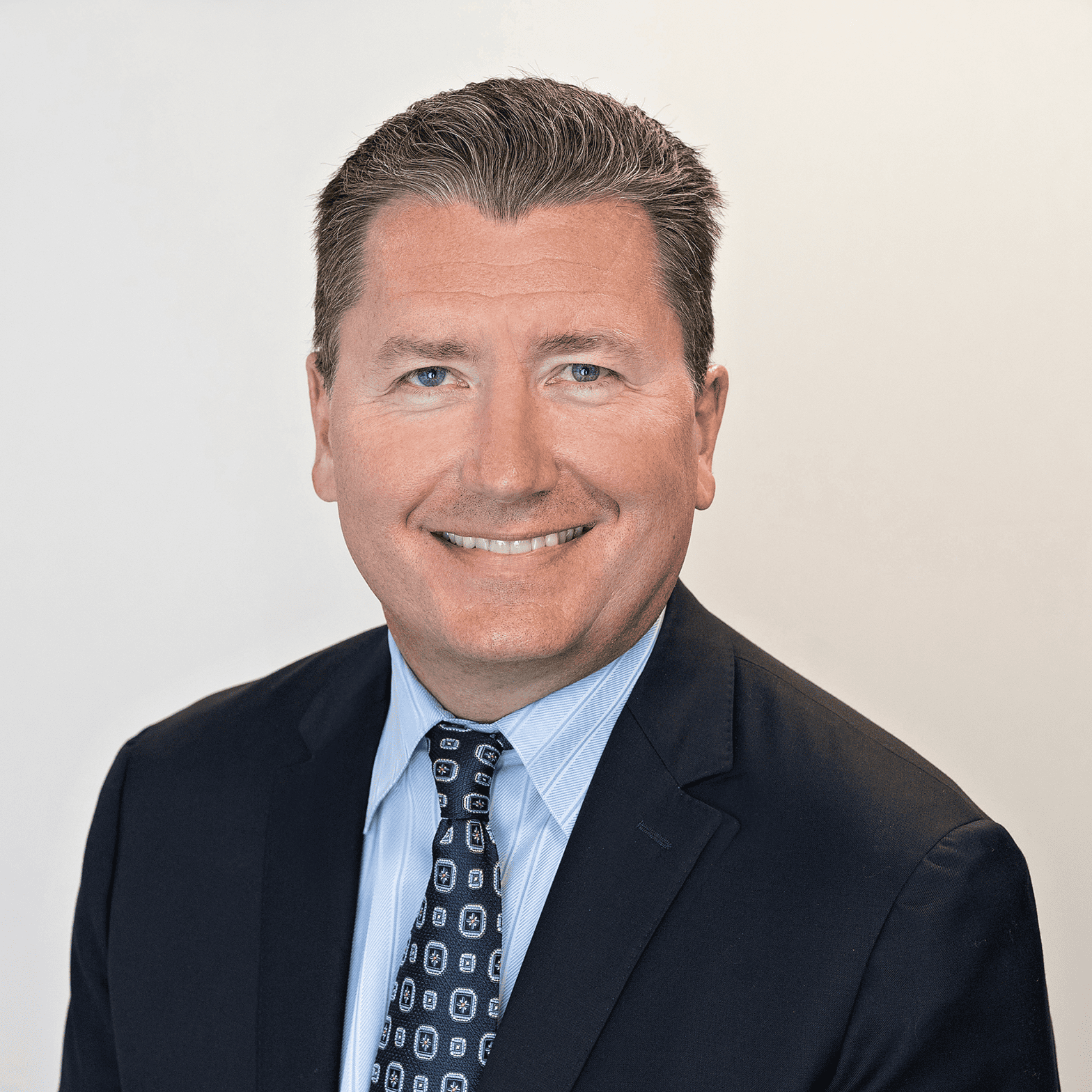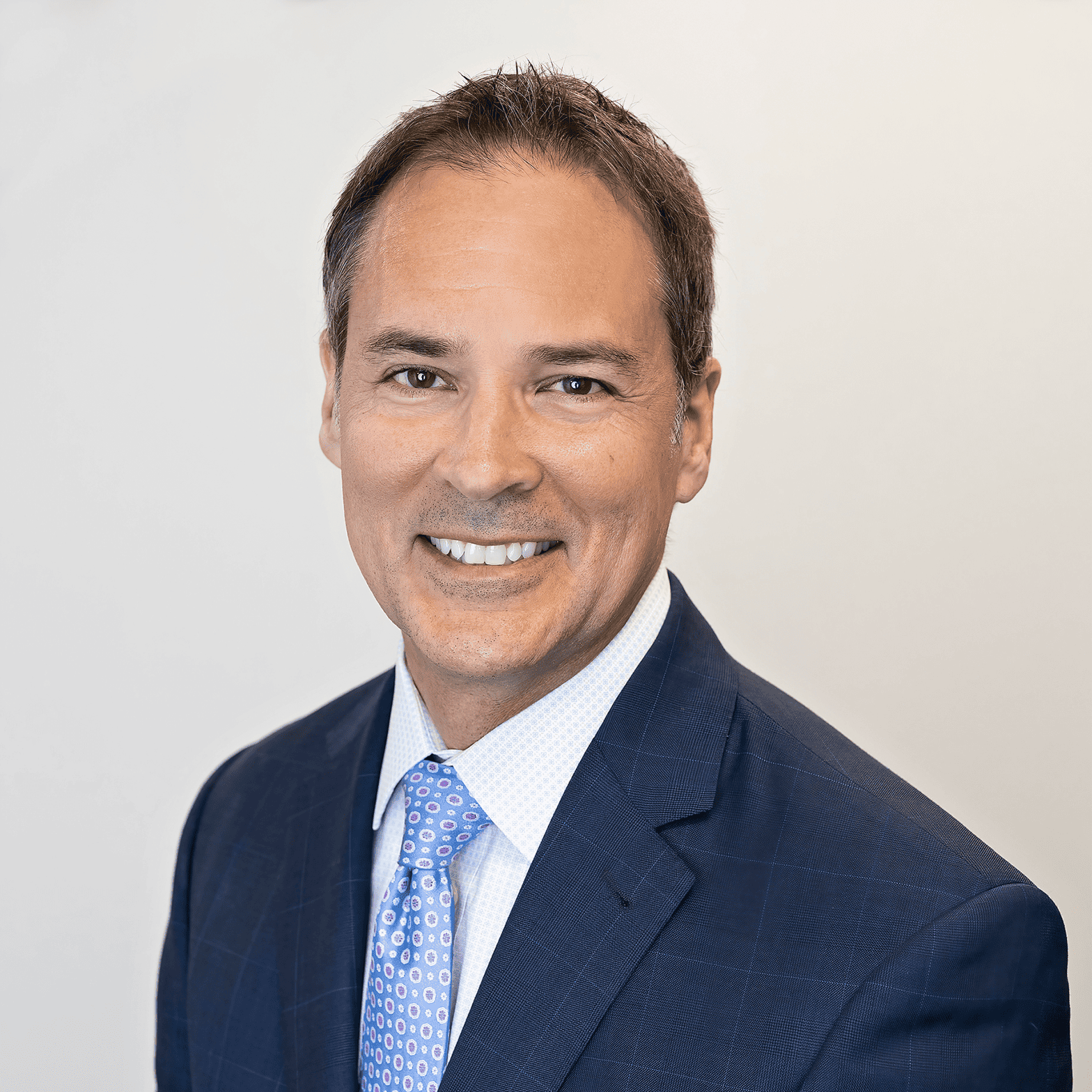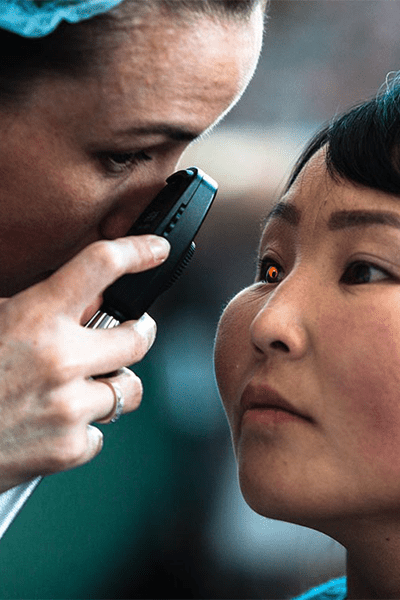about durrie vision
Expertise and Experience Matters
Choosing an eye care provider is an important decision. After all, your eyes deserve the best care. At Durrie Vision, we’re committed to ensuring you have a comfortable and confident experience throughout the entire process.
"From the time I walked in the door for my consultation to the time I walked out with better than 20/20 vision, the doctors and staff were so friendly and helpful."
– Sarah

Meet Our Doctors
Choosing a LASIK or vision correction surgeon is one of the most important decisions you can make as it directly impacts both your experience and results. At Durrie Vision, you can trust your eyes to our team of dedicated doctors who are among the most experienced and respected vision correction specialists in the country.

Jason E. Stahl, MD
Laser Vision Correction
Lens Implant Surgery
Read bio →

Kelly F. Grosdidier, OD
Refractive Surgery
Clinical Care
Read bio →
The Durrie Vision Difference
Personalized Approach
We emphasize the individuality of the patient by conducting thorough diagnostic testing and developing a comprehensive and personalized vision-correction plan for you and your eyes.
Experienced Doctors
Our dedicated doctors have performed some of the first procedures following FDA approval. Durrie Vision serves as a clinical trial site for new techniques and technologies.
High Satisfaction
Our personalized process provides each patient with the best solution for them. Durrie Vision is proud to be considered one of the best vision correction solutions in Kansas City.
Our Non-Profit Work
Durrie Vision is proud and honored to give back to those in need throughout the world through our own non-profit organizations: Focus on Independence and the OneVision Foundation. As a Durrie Vision patient, you help us serve others locally and across the globe.
OneVision Foundation
Recognizing the need for safe, quality, and accessible vision care throughout the world, Founded by Dr. Jason Stahl in 2020, the OneVision Foundation was established to promote eye care education and to support vision-related programs benefitting disadvantaged patients.
Focus On Independence
Founded by Dr. Durrie in 2003, Focus on Independence is a Kansas City-based non-profit organization providing free laser vision correction to disabled individuals who can’t use their arms or hands to handle eyeglasses or contact lenses.
Leaders in Laser Eye Surgery for 40+ years
Laser eye surgery has come a long way since its inception in 1978. Advancements in technology and techniques have led to new procedures, more customized treatment options, and improved vision outcomes. Founded by Dr. Durrie more than three decades ago, Durrie Vision is proud to have been involved in the research and development of major industry innovations.


LASIK
For nearsightedness, farsightedness, & astigmatism

Refractive Lens Exchange
For presbyopia, nearsightedness, farsightedness, & astigmatism

Refractive Cataract Surgery
For cataracts, presbyopia, nearsightedness, farsightedness, & astigmatism

